Does organic Medjool dates worth giving time to find or not? Are they 100 percent pesticide-free? Since the dawn of time, organic Medjool dates have been held in the highest regard as a delectable food. Because of their great nutritive content as well as their deliciously sweet flavor, they were fit for the dining tables of kings. Dates are no longer considered a delicacy like they were in the past, which means that anyone can partake in the benefits that they provide. Dates that are organic Medjool are scrumptious, sweet, devoid of “bad” fats, and provide you with a burst of additional energy.  Since Medjool dates contain fifty percent more potassium than bananas do, eating them has been shown to have a significantly higher beneficial impact on the circulatory and nervous systems of the body. Large, meaty, wonderfully juicy, and naturally sweet, the Organic Medjool Dates are a popular variety of dates. Consuming two to four Medjool dates on a daily basis will supply you with one of the five servings of vitamins and minerals that are recommended for optimal health that you need to take in each day. Dates from an organic Medjool tree are delicious when eaten on their own, and they may also be incorporated into a wide variety of culinary preparations. They are particularly delicious when paired with candies, granolas, biscuits, and salads. You can also include them in unique cereal meals, such as couscous or casserole made with wild rice. If you want to increase the flavor of your protein shake while also increasing its nutritious worth, try using some dates as a sweetener. Organic Dates are dates that are free of any chemicals or preservatives. They have a higher concentration of phosphorus than dates grown using conventional methods. The only difference that the findings of the systematic review revealed between organic and conventionally grown foodstuffs was that organic foods had a higher phosphorus level and lower nitrogen content.
Since Medjool dates contain fifty percent more potassium than bananas do, eating them has been shown to have a significantly higher beneficial impact on the circulatory and nervous systems of the body. Large, meaty, wonderfully juicy, and naturally sweet, the Organic Medjool Dates are a popular variety of dates. Consuming two to four Medjool dates on a daily basis will supply you with one of the five servings of vitamins and minerals that are recommended for optimal health that you need to take in each day. Dates from an organic Medjool tree are delicious when eaten on their own, and they may also be incorporated into a wide variety of culinary preparations. They are particularly delicious when paired with candies, granolas, biscuits, and salads. You can also include them in unique cereal meals, such as couscous or casserole made with wild rice. If you want to increase the flavor of your protein shake while also increasing its nutritious worth, try using some dates as a sweetener. Organic Dates are dates that are free of any chemicals or preservatives. They have a higher concentration of phosphorus than dates grown using conventional methods. The only difference that the findings of the systematic review revealed between organic and conventionally grown foodstuffs was that organic foods had a higher phosphorus level and lower nitrogen content. 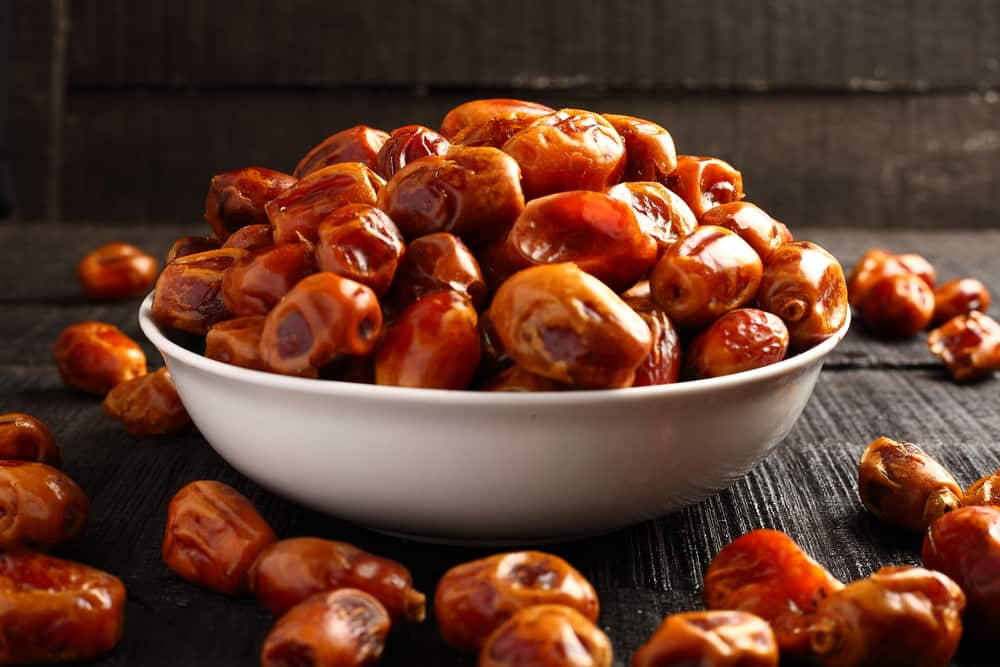 The amounts of vitamin C, calcium, potassium, total soluble solids, copper, iron, nitrates, manganese, and salt did not differ between the two categories. Neither did the content of any of the other nutrients or chemicals listed here. Irradiation, industrial solvents, and synthetic food additives are not used in the processing of the organic Medjool dates in any way. There is evidence that some organic fruit is drier than fruit that is cultivated using traditional methods; a fruit that is slightly drier may also have a more intense flavor due to the increased concentration of flavoring compounds in the fruit. They contribute to maintaining ecological harmony. And work to preserve the diversity of life. A great number of businesses that don’t use organic methods put the dates through a laborious process in order to maintain the date’s plump appearance and preserve the date so that it can withstand the lengthy shelf life it must go through in supermarkets and while being transported (note that a freshly picked date will last for weeks without treatment). After selection, these foods are frequently subjected to processes such as dehydration, freezing, and frequently steaming (blanched) just prior to export. This prevents them from appearing to have lost their volume. Additionally, dates that have been kept on the palm for an extended period of time and have become dry will be re-hydrated (with steam). Additionally, dates will be glazed.
The amounts of vitamin C, calcium, potassium, total soluble solids, copper, iron, nitrates, manganese, and salt did not differ between the two categories. Neither did the content of any of the other nutrients or chemicals listed here. Irradiation, industrial solvents, and synthetic food additives are not used in the processing of the organic Medjool dates in any way. There is evidence that some organic fruit is drier than fruit that is cultivated using traditional methods; a fruit that is slightly drier may also have a more intense flavor due to the increased concentration of flavoring compounds in the fruit. They contribute to maintaining ecological harmony. And work to preserve the diversity of life. A great number of businesses that don’t use organic methods put the dates through a laborious process in order to maintain the date’s plump appearance and preserve the date so that it can withstand the lengthy shelf life it must go through in supermarkets and while being transported (note that a freshly picked date will last for weeks without treatment). After selection, these foods are frequently subjected to processes such as dehydration, freezing, and frequently steaming (blanched) just prior to export. This prevents them from appearing to have lost their volume. Additionally, dates that have been kept on the palm for an extended period of time and have become dry will be re-hydrated (with steam). Additionally, dates will be glazed.  Glazing is a brief treatment at a high temperature that often occurs at the end of the hydration process. This causes the wax on the surface of the date to melt, and after it has cooled, the date’s glossy sheen is restored to its original state. In addition to it, there is also grading, pressing, cooling, sterilizing, and polishing… Not to mention the pesticides that were put on them when they were being grown. There is some debate on the quantity of nutrition or therapeutic properties that are still present in these dates. The inactivation of enzymes and microorganisms is the primary objective of the treatment processes (pasteurization). It is recommended that you do not consume them since they have been “killed,” meaning that their vitamins, minerals, and proteins have been denatured, and they have been reduced to a sugary mass. It is important to note that the majority of commercially available organic dates do not typically go through this process. As a result, it is usually fair to believe that the nutritional value of this item has not been compromised in any way. You might be unsure about choosing organic foods now that you are expecting. Since organic food is more expensive than conventional food, it seems sensible that you would want to do everything in your power to give your child the greatest start in life.
Glazing is a brief treatment at a high temperature that often occurs at the end of the hydration process. This causes the wax on the surface of the date to melt, and after it has cooled, the date’s glossy sheen is restored to its original state. In addition to it, there is also grading, pressing, cooling, sterilizing, and polishing… Not to mention the pesticides that were put on them when they were being grown. There is some debate on the quantity of nutrition or therapeutic properties that are still present in these dates. The inactivation of enzymes and microorganisms is the primary objective of the treatment processes (pasteurization). It is recommended that you do not consume them since they have been “killed,” meaning that their vitamins, minerals, and proteins have been denatured, and they have been reduced to a sugary mass. It is important to note that the majority of commercially available organic dates do not typically go through this process. As a result, it is usually fair to believe that the nutritional value of this item has not been compromised in any way. You might be unsure about choosing organic foods now that you are expecting. Since organic food is more expensive than conventional food, it seems sensible that you would want to do everything in your power to give your child the greatest start in life.  So, is it worthwhile to purchase organic during pregnancy? There are advantages and disadvantages to every argument, and the organic vs. conventional food debate is far from done. There is still much to learn about how pesticides affect people, but research suggests that eating organic foods reduces the number of pesticides we consume. For instance, the World Health Organization (WHO) and Environmental Protection Agency (EPA) have differing opinions on whether or not the well-known weed killer glyphosate is harmful to human health. The long-term consequences of antibiotics administered to animals and later consumed by humans require further study. However, there is a chance that over time, specific bacteria in the animals we consume will develop resistance to the antibiotics we regularly give them. It may be difficult or impossible to treat the infection with antibiotics if people eat inadequately cooked meat and get sick from this antibiotic-resistant bacteria. Meat that has received USDA organic certification is antibiotic-free. When it makes sense, choose organic produce when you’re pregnant, but keep in mind that the key to a healthy pregnancy is to choose a wide variety of vibrantly colored, fresh, ripe fruits and vegetables.
So, is it worthwhile to purchase organic during pregnancy? There are advantages and disadvantages to every argument, and the organic vs. conventional food debate is far from done. There is still much to learn about how pesticides affect people, but research suggests that eating organic foods reduces the number of pesticides we consume. For instance, the World Health Organization (WHO) and Environmental Protection Agency (EPA) have differing opinions on whether or not the well-known weed killer glyphosate is harmful to human health. The long-term consequences of antibiotics administered to animals and later consumed by humans require further study. However, there is a chance that over time, specific bacteria in the animals we consume will develop resistance to the antibiotics we regularly give them. It may be difficult or impossible to treat the infection with antibiotics if people eat inadequately cooked meat and get sick from this antibiotic-resistant bacteria. Meat that has received USDA organic certification is antibiotic-free. When it makes sense, choose organic produce when you’re pregnant, but keep in mind that the key to a healthy pregnancy is to choose a wide variety of vibrantly colored, fresh, ripe fruits and vegetables.  Additionally, never take the word “organic” to mean “100% safe.” Organic food can still include bacteria like salmonella even if it won’t be treated with the majority of synthetic pesticides. Remember to properly cook your meat, poultry, and fish, as well as to carefully wash dates and fruits, whether you purchase them organically or conventionally.
Additionally, never take the word “organic” to mean “100% safe.” Organic food can still include bacteria like salmonella even if it won’t be treated with the majority of synthetic pesticides. Remember to properly cook your meat, poultry, and fish, as well as to carefully wash dates and fruits, whether you purchase them organically or conventionally.
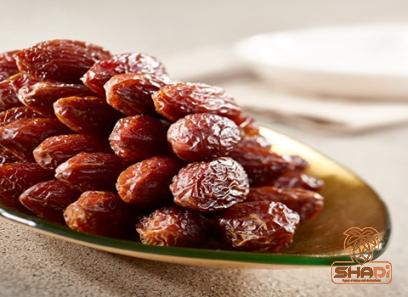
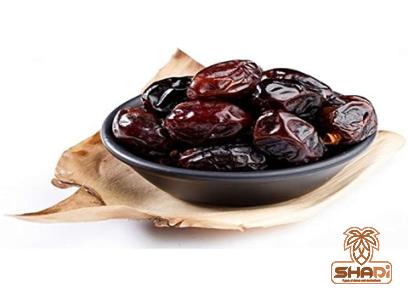
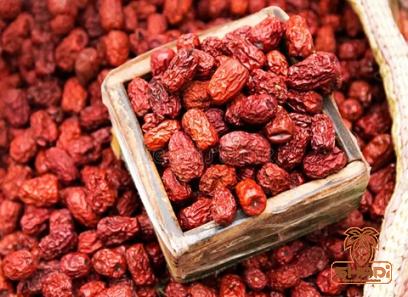
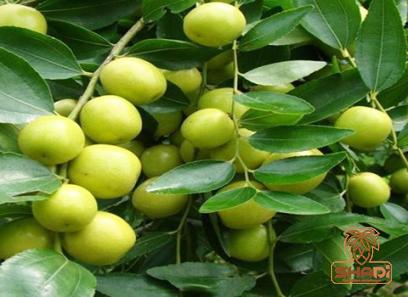
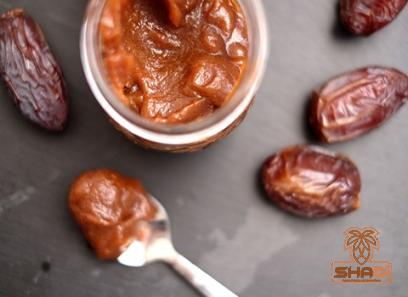
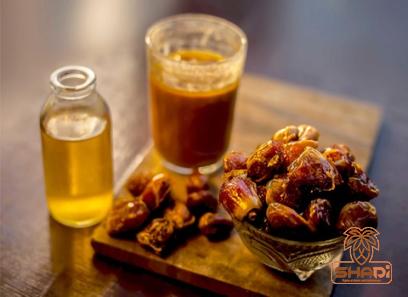

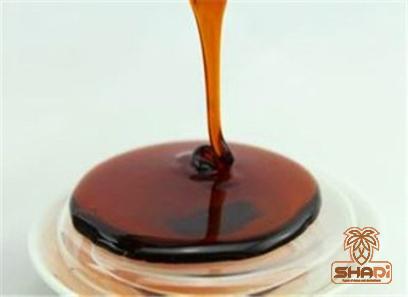

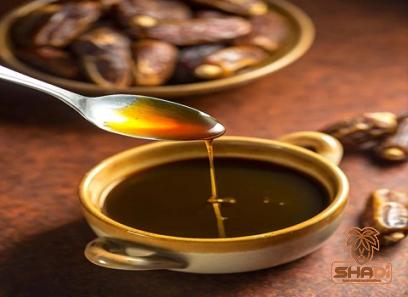
Your comment submitted.